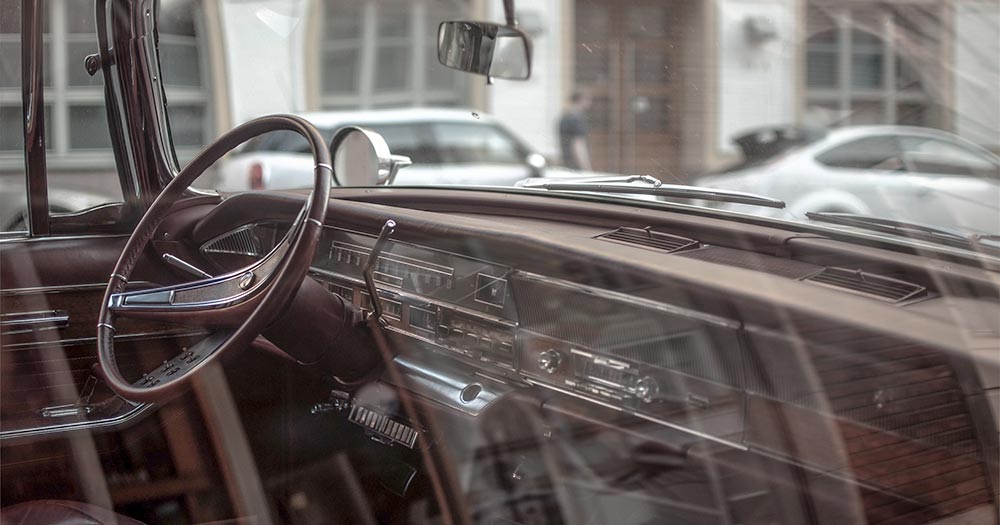Maintaining your car is easy and can save you lots of money!
Buying a car is an expensive process, we know. Here’s the number one secret that can end up saving you tons of cash:
Maintain your vehicle regularly!
The number one mistake a used car owner can make is falling into a cycle of breaks and repairs. The car is not a strange, mythical creature – in fact there are thousands of resources to help you! Don’t fall into a cycle of breaks and repairs. Instead, follow these simple tips to ensure that your car will never fail you, and remember that an inspection/scheduled service will be much, much cheaper than getting your car towed because of a mechanical failure – not to mention the cost of repair.
Get to know your vehicle.
There are tons of ways get to know your vehicle. It sounds cheesy and boring, but it works! Consult your car owner’s manual to access invaluable information such as:
- When to bring in the car for service
- How often the oil needs to be changed
- What those tricky dash light symbols mean
If you don’t have an owner’s manual for whatever reason, 99% of the time you can simply Google your car’s make, model, and year followed by “owner’s manual PDF” and an electronic PDF version will be available! This can also be more convenient because car manuals are thick and dense – just print out your favorite reference pages into a packet and stick it somewhere safe in your car!
Inspect your car often.
There are a couple of inspections that every car owner should make, no matter what the car. Here’s a couple things you should always be inspecting:
Tire pressure and tread
Tires are what hold your car off the ground and keep your car from spinning off the road, so pay attention to them! Your car may be mechanically sound when buying it secondhand, but oftentimes the previous owner didn’t bother to even check the tire treads. Here’s a quick trick you can do with just a penny or a quarter to ensure that your tires are not worn out! If your tire treads are too worn out, you should think about replacing your tires.
- Insert a penny into your tire’s deepest groove with Lincoln’s head upside down and facing you. If the groove covers the top of Lincoln’s head, the groove is greater than 2/32 inch and your tire is still safe to drive on. If you can see all of Lincoln’s head, the groove is less than 2/32 inch and you should get that tire replaced.
Tire pressure is just as important as tire tread depth. When your tire pressure is too high or too low, you’re putting you and your passengers in fatal danger. It’s important you inflate your tires to their optimal pressure to ensure your tires will never pop or cause rim damage.
- Get an inexpensive and reliable tire pressure gauge online from a reputable vendor such as Amazon, or go to your local auto repair shop. Often times the tire pressure gauges at gas station air pressure pumps are unreliable, so get your own and leave it in your car or at home!
- Find the recommended tire pressure for your tires! Sometimes the front tires will need a different air pressure than the back tires, so be sure to consult your owner’s manual! In some cars, there is also a small sheet of information printed on the driver’s side doorway. Worst case, try looking online for more information – but make sure you get your information from a reputable source!
- Find the air pressure valve on your tire – just scan the outside of your tire for a small screw-cap similar to what you would see on a bicycle tire. From there you can check your tire’s pressure and adjust accordingly by either putting an air pump over the valve to pump air in, or let air out using a key or pen by pushing the needle inside the valve in.
Check your fluids
This is more specific to your car, so be sure to consult your owner’s manual again, or find resources online specific to your car’s make, model, and year! Here’s a list of the 5 essential fluids you should check:
- Engine oil
- Coolant
- Power steering fluid
- Brake fluid
- Windshield washer fluid
All of these can be replaced for free at home very simply, so save some money and make sure you’re taking care of your car!
Check for leaks
You should never ignore a leak – if you see one, you have to get your car inspected! Leaks are a sure sign that your car is going to break down in the near future, so don’t cheap out because it will cost you more money in the long run.
The most important thing to remember is that maintaining your car will save you money, as well as increase the resale value of your car in the future! For extra help, there are tons of resources online to help you with your car! Here are some of our favorites:
- ChrisFix – YouTube channel with informative how-to videos
- Lifehacker – An article for preventative maintenance
